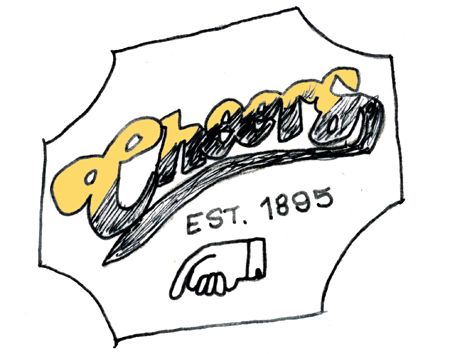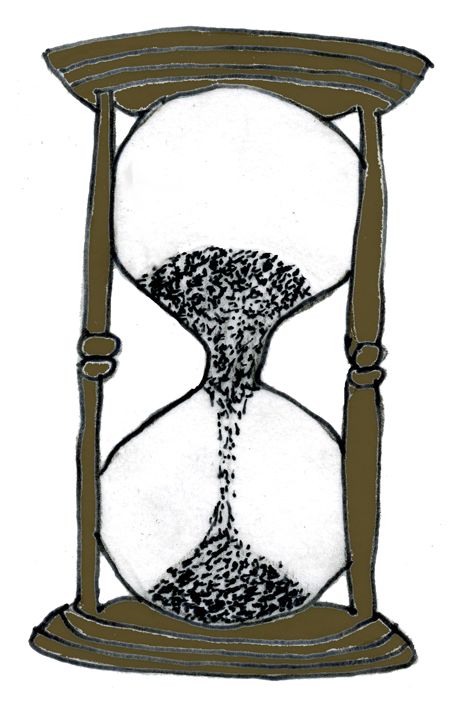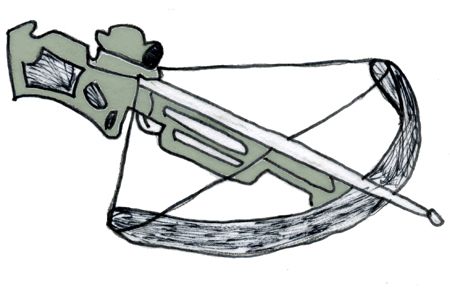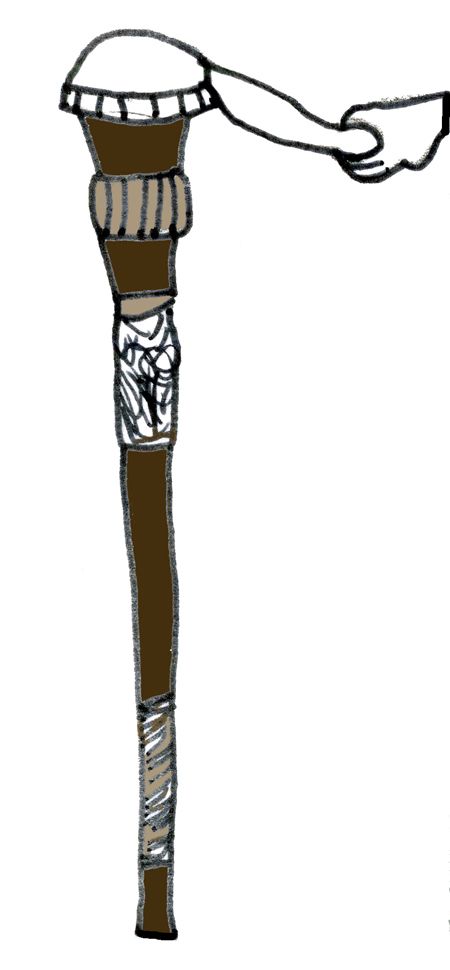Cutthroat or collaborativewhich TV show is your veterinary practice most like?
May the odds be in your favor that you've got a close-knit group like Friends rather than a bunch of Walking Dead baddies in your midst.
Each clinic has its own personality type, clientele, ebb and flow of business. Once you've worked at enough different clinics, you start to get a feel for what type they are. Here's a rundown on types of clinics based on television shows along a spectrum of easy-going to not. See where you think your clinic resides along this curve.

Anchoring one end of the clinic spectrum is Friends. At this type of clinic people get along pretty well and minor difficulties get resolved quickly-usually in half an hour. Everyone has their own way of viewing things but the staff meshes in a supportive way and enjoy each other's company, which makes the workweek a lot easier.

A little further down the scale is the Cheers practice. This type of clinic is a lot like Friends, but there's more drinking. There are a couple of know-it-alls in the mix and a little more conflict, but that seems to add to the abilities of the group as a whole.

Next is the South Park clinic. In this type of hospital days can be chaotic and unpredictable but problems are often resolved and lessons are learned. There's usually an instigator, but they're generally harmless and easily thwarted. There's a little more turn-over in this type of clinic-especially if anyone is named Kenny. There's also a bit more swearing in a South Park clinic.
Now we move into the middle-ground clinics.

Here you'll find the M*A*S*H type of practice. This is a place that feels a lot like a war zone, but everyone comes together to get the job done, and most folks manage to find some humor even in the worst of circumstances. There may be a Major Burns amongst the staff who tries to boss everyone around, but no one takes them too seriously.

Moving on, we come to the Lost practice. Here everyone has the same goal (get off the island), but no one is really sure what's going on. Questions come up a lot but are seldom answered and the staff just tries to get by the best they can.

Next is the Days of Our Lives clinic. There's a lot of drama in this type of practice. Years can go by without anything changing and it feels like you're having the same conversations over and over and over again. There's a lot of turnover in this clinic-so much so that you're not sure if you remember who's supposed to be playing what role.
Moving into the last third of the spectrum we come to The Walking Dead clinic-and no, it's not the worst one on the list.

In the Walking Dead veterinary hospital, it seems like the zombie hordes keep coming, but you've got a good leader and some people who know how to cut through difficulties. Hygiene may be suspect. Scavenging may occur often. And personnel attrition may also be a problem.

Next in line is Survivor. Here the staff is asked to perform strange and apparently pointless challenges in order to get rewards, such as food. Team members are often pitted against each other and everyone is rather thin and tired. There are a favored few in this clinic, and it's amazing how long it goes on with its dysfunctions.

Finally, we reach the worst end of the spectrum with the Game of Thrones clinic. Here there is backstabbing and rumors and no one is safe, no matter how popular or competent. In fact, being well-liked is a detriment. Turnover is rampant. There's a lot of running and screaming. Many of those who leave these practices are traumatized and may exhibit odd behavior if they find themselves in a Friends-type clinic afterwards.
Did any of these TV clinics sound familiar to you? Can you think of a show that more accurately fits the personality of the place where you work? How many of each type have you worked at? Tell us in the comments below or send an email to dvmnews@ubm.com.
A graduate of UC Davis School of Veterinary Medicine, Dr. Dean Scott has enjoyed 35 years in the veterinary profession, including five years with the U.S. Army Veterinary Corps. He now practices small animal medicine at Animal Clinic of Brandon in Brandon, Florida.
Illustrations by Katie James, dvm360 Associate Content Specialist.